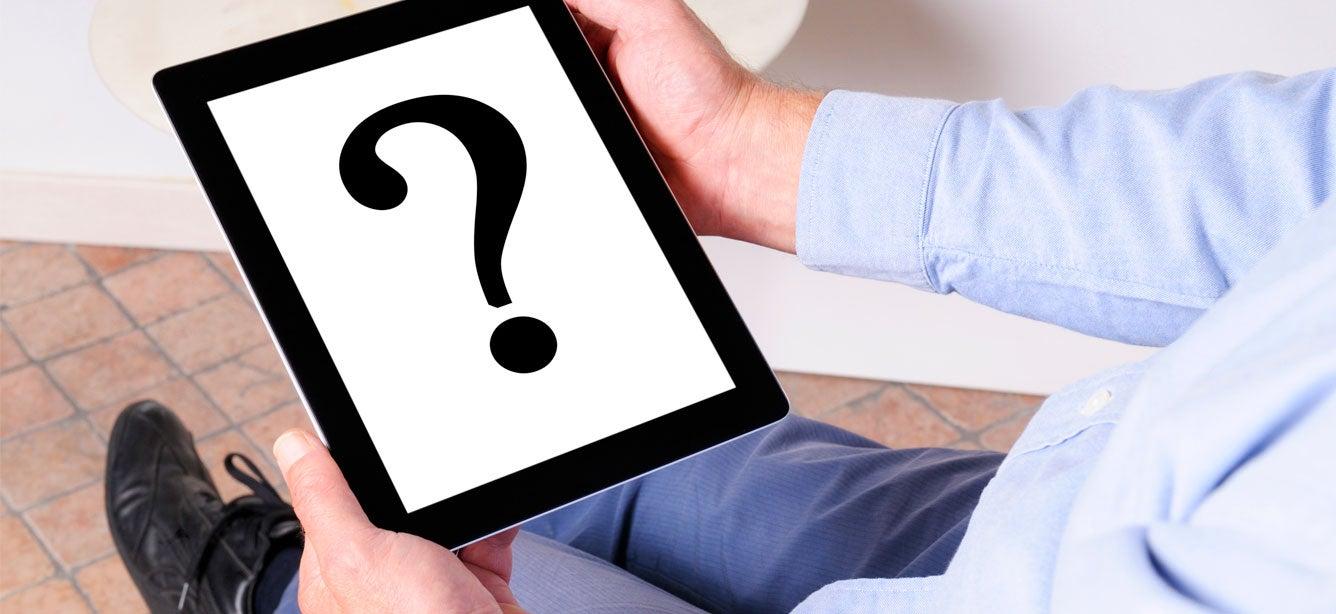
Related Topics
Medicare provides essential health care coverage for Americans age 65 and older—from preventive doctor visits to hospital stays. And although Medicare covers many important services, it’s not free. There are a variety of out-of-pocket costs to consider before enrolling.
One Medicare out-of-pocket cost to be aware of is the premium, which keeps your coverage active. If you’re wondering “How do I pay my monthly Medicare premium?”, you have several options, which we discuss below.
How do you pay Medicare premiums (Part A and B)?
Most people do not have to pay a premium for Medicare Part A because they have worked for at least 10 years and had Social Security taxes withheld. But if you're not exempt from the Part A premium, you will receive a quarterly bill (every three months) from Medicare).
Part B premiums automatically come out of your Social Security check if your Social Security retirement benefits have started. If benefits have not started, you’ll get a quarterly bill that includes your Part A (if applicable) and Part B premiums.
There are several ways to pay your Part A and/or Part B premium bill:
- Online: Log into your account at Medicare.gov and make a secure payment via credit card, debit card, or bank account.
- Easy Pay: Have payments automatically deducted by Medicare from your bank account.
- Online bill payment: Use your bank's online bill payment service to pay directly from your bank account.
- Mail: Mail a check, money order, or your credit/debit card information with the payment coupon to the address listed on your bill.
How do I pay my Medicare Advantage (Part C), Part D, and/or Medigap premiums?
There are several options for paying premiums to private plans. These may differ by insurance provider, so be sure to ask your provider what options they offer. Some common payment methods are:
- Check: Mail your payment with the bill sent by your provider.
- Automatic debit: Sign up with your provider and have premiums debited from your checking account.
- Credit card: Follow the payment instructions at the bottom of your provider's bill.
You may be able to have your premiums for Medicare Advantage or Part D deducted automatically from your Social Security checks, but you’ll need to check with your plan first to see how this can be done. Keep in mind:
- If you choose to do automatic withdrawals of any kind, you may have to pay premiums directly for a couple of months until withdrawals begin.
- Switching plans during Medicare’s Open Enrollment Period may allow you to enroll in a better plan, but the previous year’s premium may be withheld an extra month or two and be reimbursed later.
What happens if I pay my Medicare premium late?
If your Medicare Part A and/or Part B premiums are not paid, you risk losing your coverage. But this won’t happen right away. Part B is billed in three-month increments, and there is a three-month grace period after the due date. If payment is not made by the end of the grace period, notification of plan termination will be sent at the four-month mark (unless the premium is paid in full 30 days after notice).
Private plans (Medicare Advantage, Part D, Medigap) treat failure to pay premiums differently. Contact your insurance provider to learn about their specific rules and policies—but remember that your coverage cannot be cancelled without written notification first.
Questions about your Medicare premium bill? Call 1-800-MEDICARE (1-800-633-4227), or TTY: 1-877-486-2048. For Medicare Advantage, Part D, and Medigap, contact your insurance carrier directly.



